|
Labor supporters ridiculing the Liberal opposition for advocating nuclear power should remember that:
1. For decades, successive Labor governments have promoted uranium exports, including to countries that either refuse to join the NPT or ratify the test-ban treaty. 2. When, for political reasons, the then Labor opposition rushed to embrace the sweeping AUKUS nuclear submarine deal in 2021, it did so without conducting a strategic assessment. 3. Labor insists the projected nuclear subs will: (a) be perfectly safe to enter Australian port cities; (b) be well suited for deploying to dangerous waters during crises; (c) safeguard Australian sovereignty, despite deepening dependence on Washington and being hostage to future shifts in US/UK policy and conditions. (d) be good value for money, despite the $300bn-plus cost and despite Canberra’s shockingly bad record of managing large defence projects. (e) present an easily manageable waste problem, without saying how they will do it; (f) provide a fabulous boost to Australian science, education and economic activity; and (g) not encourage nuclear proliferation (e.g. not encourage others to go down a road Canberra says is so great). 4. Four years ago, the ALP would have sneered at this questionable package of claims. Today, it says there’s no real alternative to AUKUS, and that opponents are not serious. Detailed reports from The Bulletin of the Atomic Scientists on Moscow's and Beijing's nuclear arsenals can be found here for Russia, and here for China. Plus, here is a report on the command and control arrangements for Chinese nuclear weapons.
Hans Kristensen, et al have just produced their latest survey of Pakistan's nuclear weapons in the Bulletin of the Atomic Scientists. The link is here.
1. There’s little hard information about the state of the frontlines in the Ukraine-Russian war. In particular, the much-anticipated Ukrainian counter-offensive remains opaque. It seems Ukrainian forces are making slow progress in fighting through mined and entrenched positions. Encounters so far appear relatively limited but nonetheless bloody, with both Ukrainian and Russian soldiers paying an appalling price for Putin’s reckless & cruel decision to invade.
2. Kyiv appears to be holding its main offensive forces in reserve while it tests and stretches Russian defences. It’s unclear to what extent events are moving according to plan. The apparent lack of progress is causing frustration and concern in opinion pages and, perhaps, Western capitals. 3. When this war is done, some commentators will look back at the counter-offensive and claim that what happened was, for the gifted like them, easily foreseeable or even inevitable. Mostly, these prophets will have a high self-regard, selective memories and a simplistic grasp of events, including a tendency to read history backwards. 4. Meanwhile, away from the opinion pieces and social media, the Ukrainian and Russian high commands know better. At the business end, they see history as in play—for them, the future is open. From where they sit, the war will be decided by the unpredictable interplay of shifting politics, grit, and the application of large-scale extreme violence. There’s an unguaranteed & random element to this interplay. With every major strategic choice, both sets of war leaders roll the dice. Their job is to load these dice as much as they can. 1. The outside world is none-the-wiser about the inner workings and likely consequences of the recent bizarre & explosive Wagner affair. There's much speculation, but little hard information.
2. The event sign-posted the potential for Russia to degenerate into a failed state. Not just in terms of dysfunction, but in the sense of a collapse of central government and the emergence of local anarchies. This, however, is speculation rather than prediction – after all, although somewhat frayed, the Kremlin came out of the Wagner insurrection intact. 3. The possibility of state collapse underlines the importance of securing Russia’s nuclear arsenal. On the other hand, historically, Moscow’s control over these weapons appears to have been tighter than in the US. Moscow has apparently had firmer central command arrangements. (For a look at how loose things have sometimes been in the US, see: https://thebulletin.org/premium/2023-05/interview-with-eric-schlosser-why-we-cant-trust-the-governments-figures-about-nuclear-close-calls/#post-heading.) 4. Indeed, Washington seems to believe that this is one area that Moscow has handled well. There appears to be a stark difference between some of the reckless Russian nuclear rhetoric and Moscow's actual management of the weapons. 5. However, it remains to be seen how much strain the nuclear system can withstand if the military fractures further. This week Canberra released the unclassified version of its Defence Strategic Review, billed as signalling the biggest revamp of defence policy since the 1980s, if not earlier. The Review can be found here.
Contains sweeping calls, but seems to produce less sweeping capability. The (US) Special Inspector General for Afghanistan Reconstruction has published another analysis of the Afghanistan fiasco. Here's the link: "Why The Afghan Security Forces Collapsed".
The US Department of Defense has just published its 174 page "Military and Security Developments Involving the People’s Republic of China."
An old post from August, with a new link at the bottom of the page.
As reports of even more atrocities come in from Ukraine, the debate over the cause of the conflict continues. This isn’t merely an academic question because how the parties frame the cause will likely shape how the horror ends. Most explanations for the Russian invasion fall into four categories: 1. NATO, led by Washington, provoked Moscow, pushing it into a corner. It did this by expanding the West’s strategic reach right-up to Russia’s border. 2. We are seeing the playing-out of throw-back Russian imperialism. 3. The war is a manifestation of Putin’s twisted character. 4. The Russian army is liberating the Ukrainian people from evil Nazi rule. it's argued that these ‘Ukrainians’ are, in any case, really Russian and have no genuine claim to independent nationhood. (This explanation shifts around a bit, depending on the battlefield situation. At the start, the liberation rationale extended to the whole country. Then, when the Russian army was pushed onto the back-foot, the rationale was limited to Eastern Ukraine. Since then, whenever it looks like the Russians might be regaining the initiative, the rationale has been re-extended to cover whatever territory Putin thinks he can get away with.) The first explanation is quite interesting. It’s believed in by an odd collection of bedfellows. This includes: (a) some right-wing Americans; (b) some habitually anti-American left-wingers; and (c) some international relations scholars, notably some high-profile members of the so-called ‘Realist school’ (which emphasises the dominance of power politics over an assumed or prescribed rules-based order). I consider this first explanation – that Washington/NATO provoked the war – a sometimes misleading and morally dubious half-truth. It provides an interesting narrative and clever talking points, but misses key issues. Such as the extreme nastiness of Putin. This, rather than complex underlying factors, turned the key and opened the door to a whole lot of awfulness. (Putin reminds me of former Serbian leader Slobodan Milosevic. In the 1990s, Milosevic ruthlessly exploited historical grievances in the old Yugoslavia. He did the political equivalent of lighting a match in a room full of gunpowder, not caring if hundreds of thousands of innocent people paid the price. His only regret was that his wicked & too-clever-by-half strategy of rabid nationalism blew-up in his face.) Here is a well-written article by Joe Cirincione covering many of the key themes, with additional links. Here is a newly published perspective by Mark Edele. This adds more expertise on Russian dynamics. Here's a reply to Edele by Samir Puri. |
Archives
March 2024
|
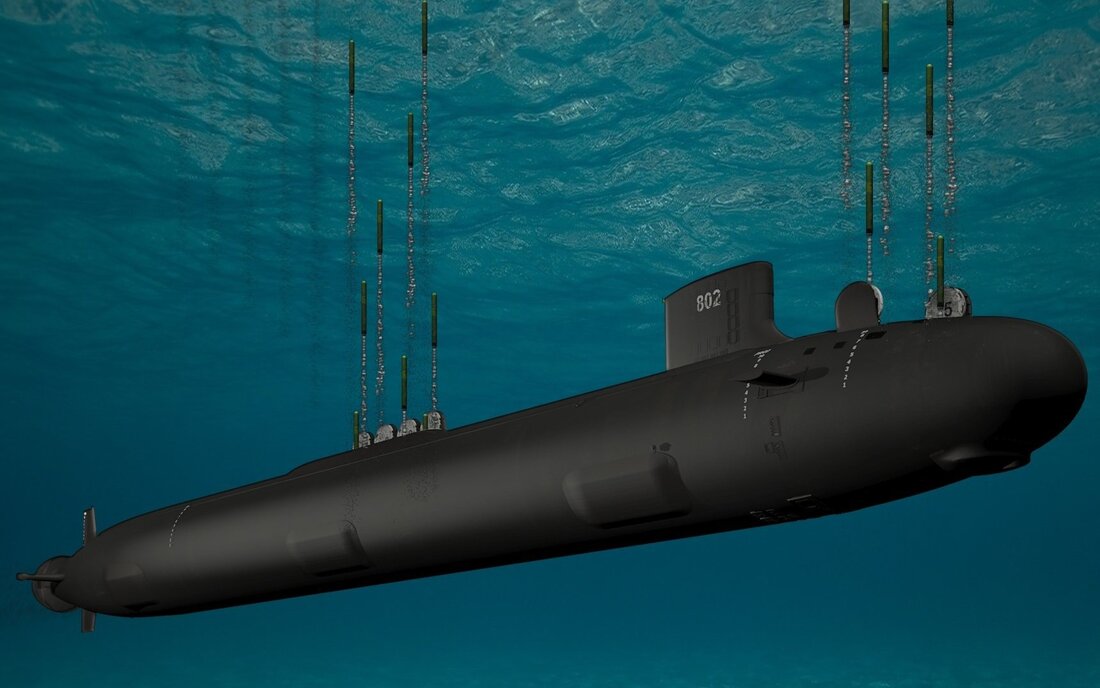
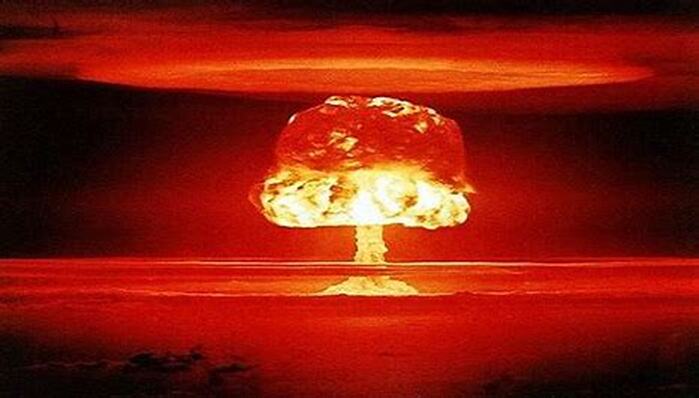

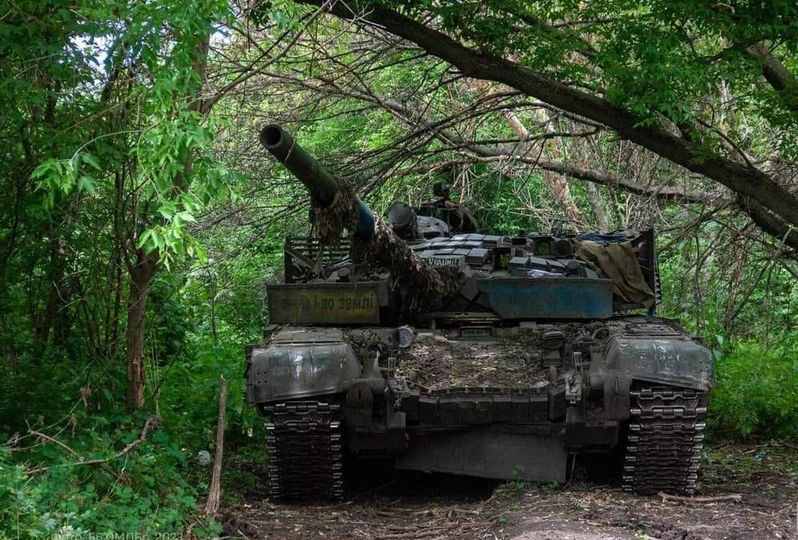
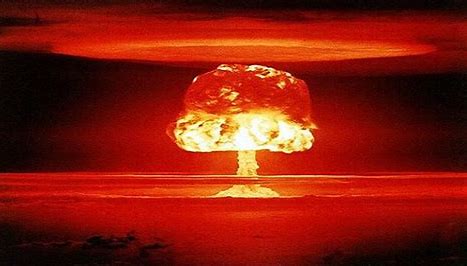
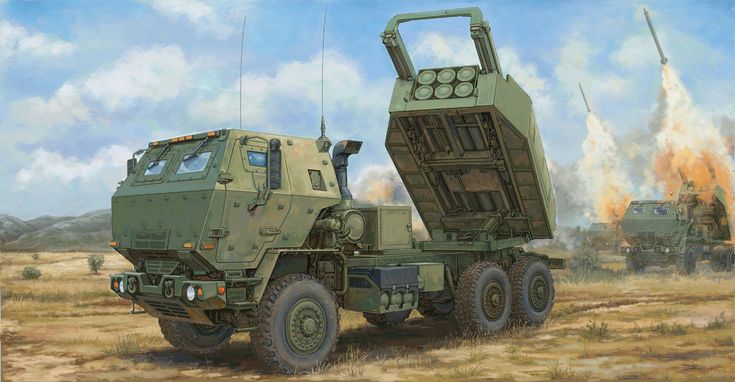
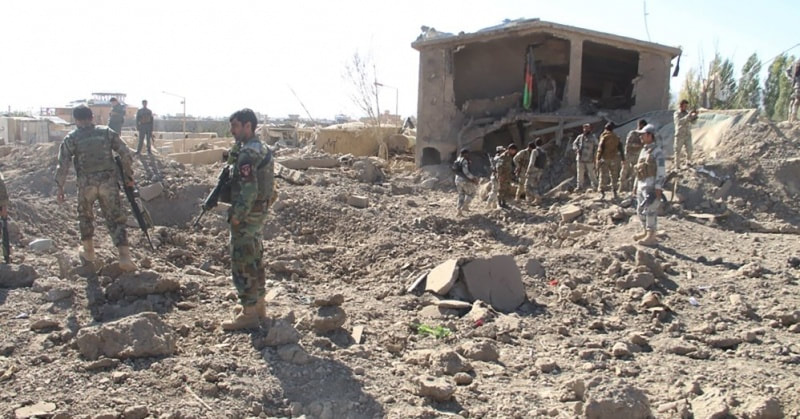
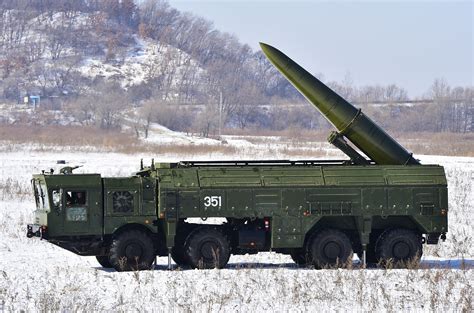
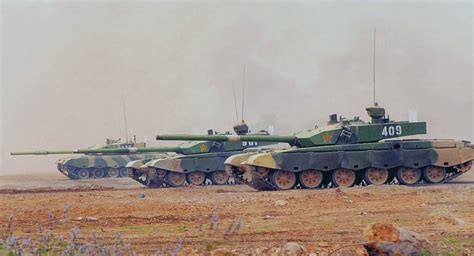
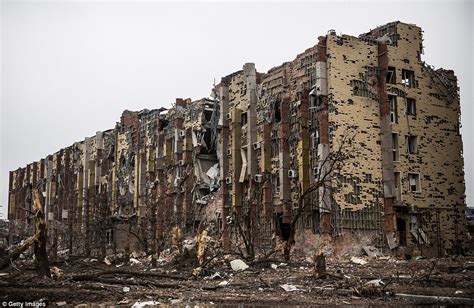
 RSS Feed
RSS Feed
